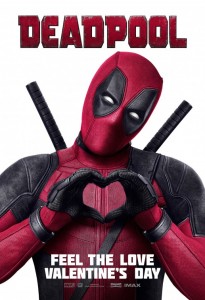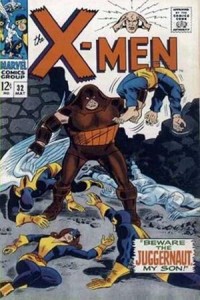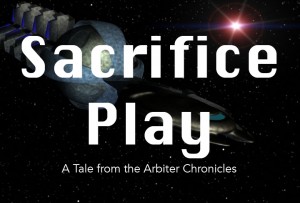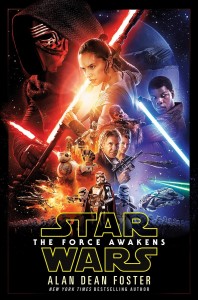I try to keep an open mind about different world views. That just seems reasonable to me. Like the five blind men and the elephant, we each see a different piece of the truth. It would be a bit silly for me to stand here, screaming “I have scientific proof that an elephant is just like a snake!” while I hold its trunk and you hold its ear, and neither of us sees the whole animal. It would be just awful if I then added that you are evil and a threat to our society because you were part of the “elephant-is-like-a-carpet” set, and thus a snake-denier.
Yet that’s just the kind of thing that’s happening right now in the United States, as a loudmouth, a gold digger and a senile idealist walk into a primary. (God, I wish that was the opening to a joke! If it is, the joke is on the American people.) People are just being nasty to each other.






